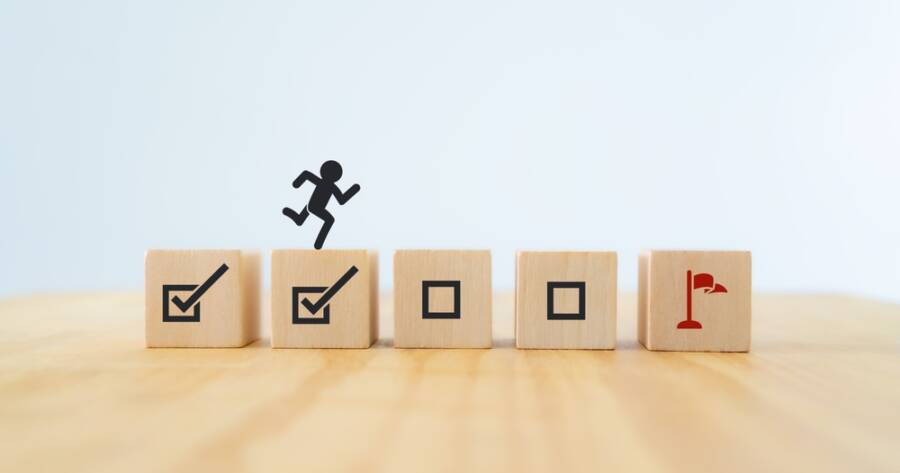New Year’s resolutions often begin with high hopes, but they can quickly become overwhelming or unrealistic. Instead of focusing on big, daunting goals, consider adopting micro-goals — small, actionable steps that lead to bigger achievements. By breaking down larger objectives into manageable pieces, you can create lasting change and maintain motivation. This approach can be key to making progress without feeling burnt out.
What Are Micro-Goals and Why Do They Matter?
Micro-goals are small, specific objectives that are easy to achieve and can be accomplished in a short period of time. They are simple, focused actions that can contribute to your overall long-term goals. While big resolutions can seem abstract and distant, micro-goals are practical and can be adjusted as you go.
For example, instead of setting a goal to “get healthy,” you can set a micro-goal like “drink a glass of water before breakfast” or “walk for 10 minutes every day.” These small actions are not only more achievable, but they also create a sense of accomplishment, which helps build momentum for further progress.
Building Consistency Through Small Wins
One of the greatest benefits of micro-goals is the ability to build consistency. When you accomplish small tasks regularly, you establish a routine that becomes easier over time. This consistency is often more sustainable than trying to overhaul your entire life with a grand resolution.
Rather than focusing on the outcome, micro-goals allow you to enjoy the process of achieving small wins each day. This sense of achievement can boost your confidence and motivate you to keep going. Over time, these consistent wins add up to significant progress, helping you reach your bigger goals without the burnout often associated with larger resolutions.
Staying Flexible and Adjusting Your Approach
One of the pitfalls of setting big resolutions is that they are often rigid and difficult to adjust. Life changes, and so do our priorities. Micro-goals are flexible by nature, which makes it easier to adapt as circumstances change.
For instance, if you set a large resolution like “lose 20 pounds,” but you find that your schedule doesn’t allow for long workouts, you might get discouraged. However, with micro-goals, you can shift focus to something more manageable — like “do a 10-minute home workout” or “swap one sugary snack for a healthier option.” These small tweaks allow you to stay on track and continue making progress, even if life doesn’t go exactly as planned.
Tracking Your Progress for Motivation
Tracking your micro-goals is essential to maintaining motivation. By monitoring small wins, you create a visual representation of your progress, which can be incredibly rewarding. Whether you use a habit tracker, an app, or simply mark a calendar, the act of tracking can help you stay accountable and focused.
Seeing your accomplishments on paper helps reinforce the idea that you’re moving forward. This regular feedback encourages you to keep going and can increase the likelihood that you’ll continue working toward your larger goals. When you break goals down into smaller, measurable actions, you’re more likely to stay engaged and motivated throughout the process.
The Power of Small Steps for Long-Term Success
While big resolutions can feel like an exciting fresh start, they often fall short due to their scale and ambition. Micro-goals, on the other hand, provide a practical, achievable way to make progress without feeling overwhelmed. By setting small, consistent objectives, you can experience regular wins that build towards your larger goals over time.
Small Actions, Big Impact
If you want to create lasting change, start small. Micro-goals are not about dramatic transformations, but rather about steady progress. By focusing on small actions that are easy to accomplish, you can build habits that lead to big results.
Forget about the pressure of big resolutions — the key to long-term success lies in making small, consistent improvements every day.

